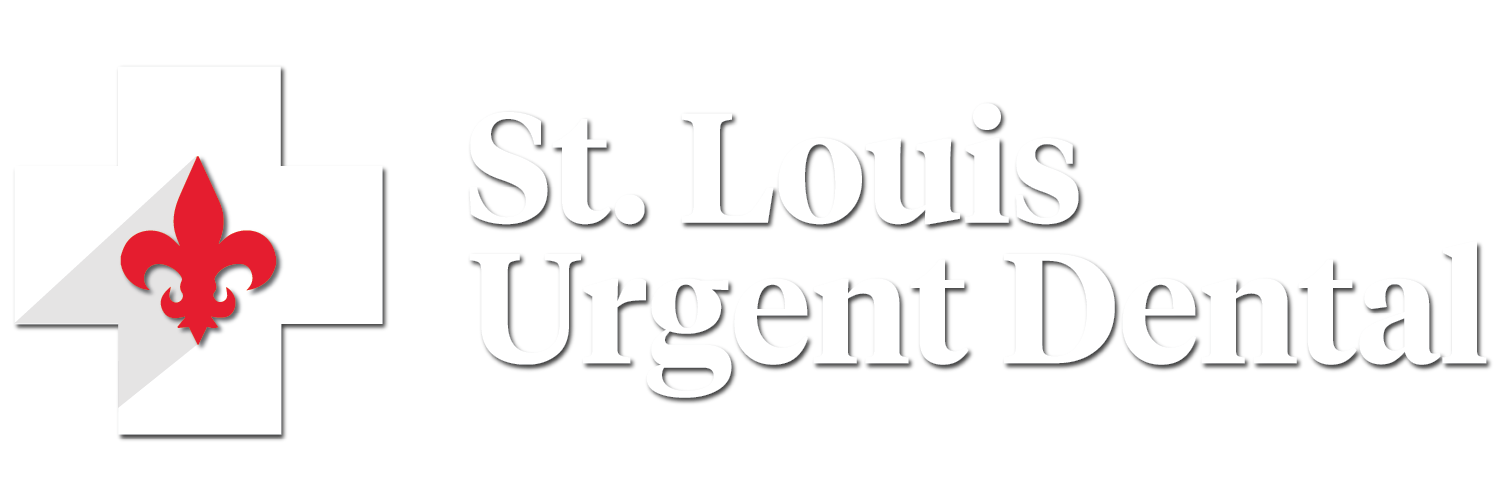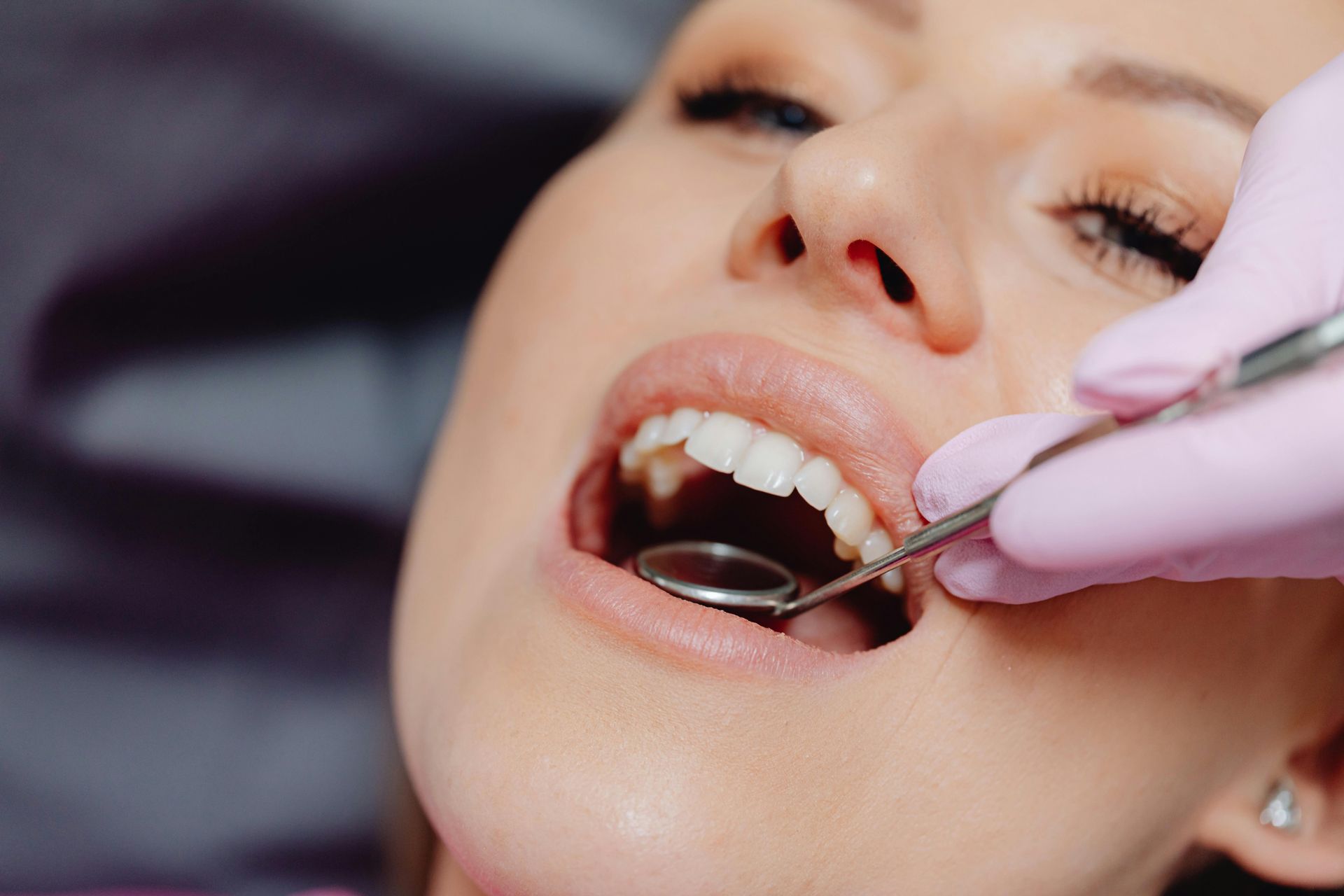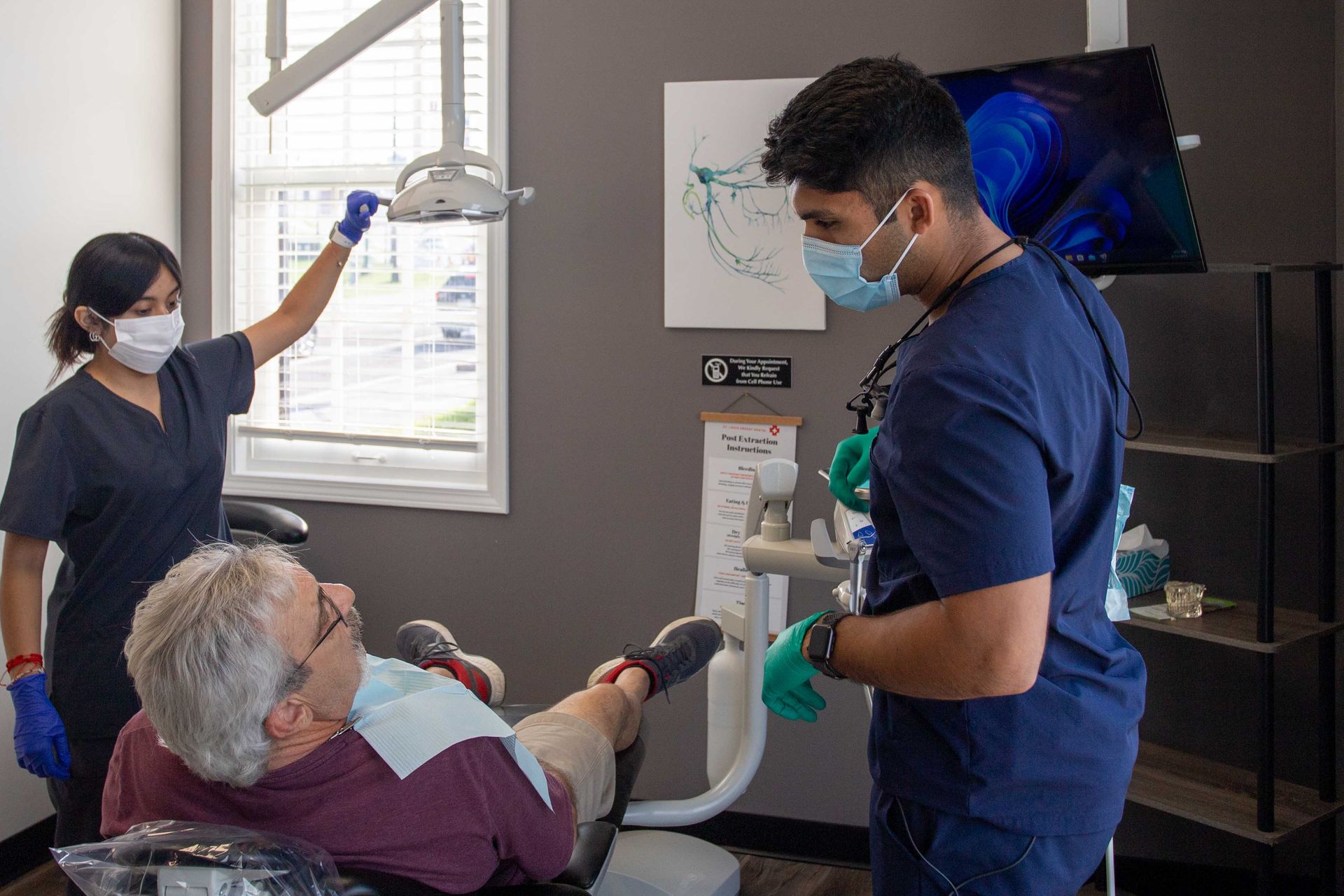What To Do If Your Child's Tooth Is Knocked Out
Accidents happen, especially with kids who love to run, jump, and play.
A knocked-out tooth can be a scary experience for parents and children, but knowing how to react quickly and correctly can make all the difference.
Whether it's a baby tooth or a permanent tooth, properly handling the situation can help minimize pain, reduce complications, and even save the tooth.
Here's what every parent should know in case their child's tooth gets knocked out.
Stay Calm and Assess the Situation
Your first instinct might be to panic, but staying calm is crucial. A knocked-out tooth often results in bleeding, tears, and a scared child.
Take a deep breath and reassure your child that everything will be okay. Once your child is calmer, assess the severity of the injury.
Check for other facial injuries, such as cuts, swelling, or a concussion. If your child is unconscious, dizzy, or vomiting, seek emergency medical help immediately.
If the injury is limited to the mouth, focus on handling the lost tooth appropriately.
Determine if It's a Baby or a Permanent Tooth
The next step is determining whether the knocked-out tooth is a baby (primary) or a permanent (adult) tooth.
- Baby Tooth: If your child loses a primary tooth due to an accident, do not try to reinsert it. Baby teeth naturally fall out to make room for permanent teeth, and reinserting them could cause damage to the developing adult tooth underneath. However, you should still contact a dentist to ensure no further treatment is needed.
- Permanent Tooth: If the tooth is an adult tooth, time is critical. The faster you act, the higher the chances of saving the tooth. You should reinsert it within 30 minutes to increase the likelihood of successful reattachment.
Handling A Permanent Tooth Knockout
Properly Handle the Tooth
Proper handling and quick action are essential if your child loses a permanent tooth. Again, remain calm and assess the entire situation.
- Pick up the tooth by the crown. Avoid touching the root (if possible), as this can damage the delicate tissue needed for reattachment.
- If dirty, gently rinse with water. Do not scrub, use soap, or remove any attached tissue fragments. Rinse it under lukewarm water for no more than 10 seconds.
- If possible, try to reinsert the tooth. If your child cooperates, gently place the tooth back into the socket and have them bite down on a clean cloth to keep it in place.
- If reinsertion isn't possible, keep the tooth moist. If you can't put the tooth back in for whatever reason, place it in a container with milk, saline solution, or your child's saliva. Avoid storing it in water, as this can damage the cells needed for reattachment.
- Transport the tooth carefully. If you are going to the dentist, keep the tooth in a sealed container with milk or a specialized tooth preservation solution. Proper transport increases the chances of successful re-implantation.
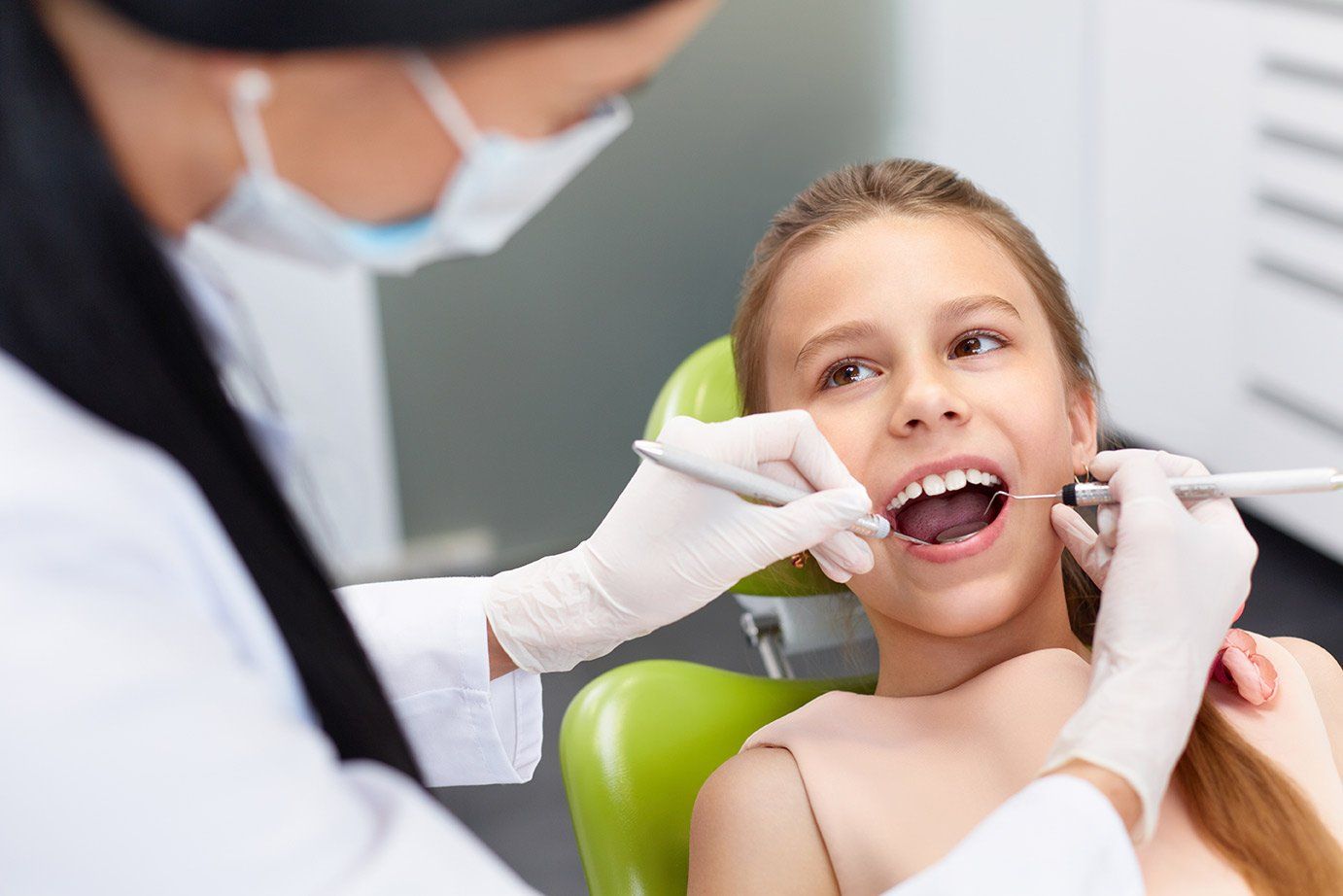
Control Bleeding and Pain
To help slow the bleeding, have your child gently bite down on a piece of gauze, a clean cloth, or a tea bag. Applying a cold compress to the outside of the mouth can help reduce swelling and numb the pain.
If your child is experiencing significant discomfort, you may give them an age-appropriate pain reliever like acetaminophen or ibuprofen. However, avoid giving aspirin to children, as it may increase bleeding.
Additionally, make sure your child avoids drinking through a straw, eating hard foods, or poking at the injured area with their tongue, as these actions could cause further irritation or disrupt clot formation.
Seek Emergency Dental Care
Time is of the essence when dealing with a knocked-out permanent tooth.
Contact a dentist immediately and let them know about the situation. If it's after hours, look for an emergency dental clinic. A dentist will assess whether the tooth can be successfully reattached or if additional treatment is needed.
If the dentist cannot save the tooth, they will discuss replacement options, such as a dental implant, bridge, or partial denture, to maintain proper oral function and appearance.
The earlier you seek professional care, the better the outcome.
Follow-Up Care and Prevention
After emergency treatment, follow the dentist's instructions carefully.
Your child may need to eat soft foods and avoid biting directly on the injured tooth while it heals. Regular checkups with their primary dentist will help monitor healing and detect complications.
To prevent future dental injuries, several precautions can be taken.
- Encourage your child to wear a mouthguard during sports.
- Childproof your home by cushioning sharp furniture edges.
- Teach kids safe play habits and the importance of protecting their teeth.
- Avoid giving young children hard candies, popcorn kernels, or ice cubes to chew on, as these can lead to chipped or broken teeth.
When to Follow Up with the Dentist
Even if the initial treatment goes well, follow-up visits are essential to ensure the reinserted tooth is healing correctly. Your dentist may recommend possible tests or additional procedures.
- Regular x-rays to monitor the health of the re-implanted tooth.
- A root canal (if there has been damage to the tooth's nerve).
- A dental splint to stabilize the tooth in place for several weeks.
It's also a good idea to monitor your child's oral health for changes in color, swelling, or sensitivity in the affected area, as these may indicate complications that require further attention.
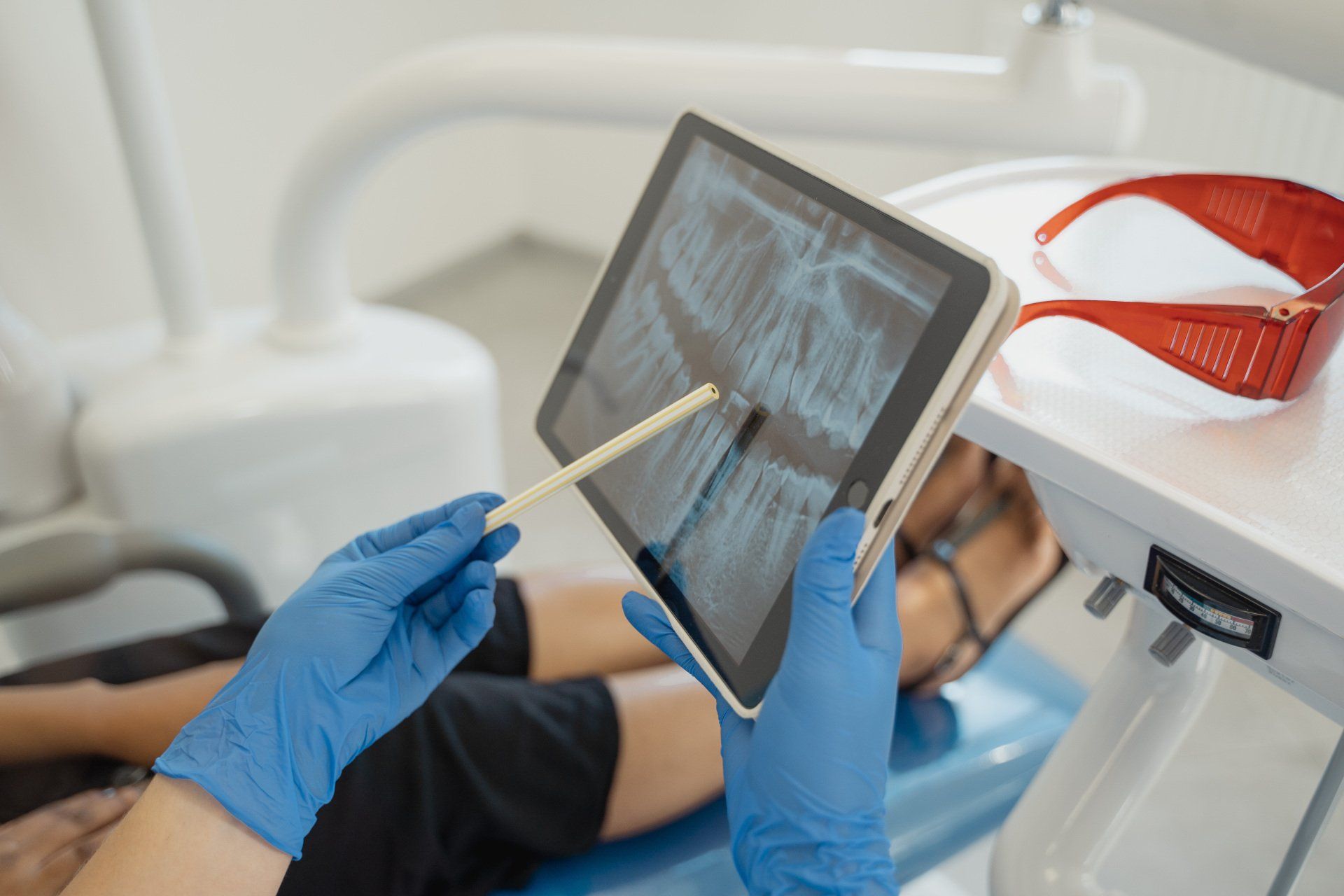
Give STL Urgent Dental A Call
A knocked-out tooth is a dental emergency, but acting fast and knowing the proper steps can make all the difference. Stay calm, correctly handle the tooth, and seek dental care immediately. Quick action increases the chances of saving your child's tooth and keeping them pain-free.
Being prepared for dental emergencies can help you respond with confidence.
Our St. Louis Urgent Dental team is here to help with your urgent, after-hours dental needs! We are open seven days a week (until 9 pm on M-F). Please note that we do not perform regular cleanings. We have three clinics throughout the region to best serve Greater St. Louis.
We are ready to help with dental emergencies, including root canals, crowns, socket grafting, extractions, implants, broken teeth, and more.
Our procedure pricing and other details are on our website.
Schedule an appointment, and you'll be smiling again in no time.
